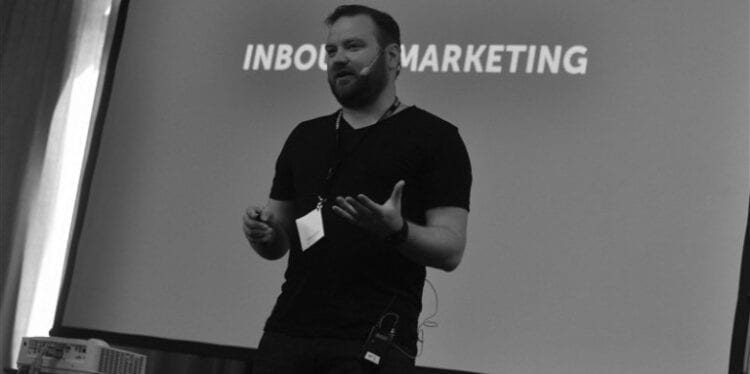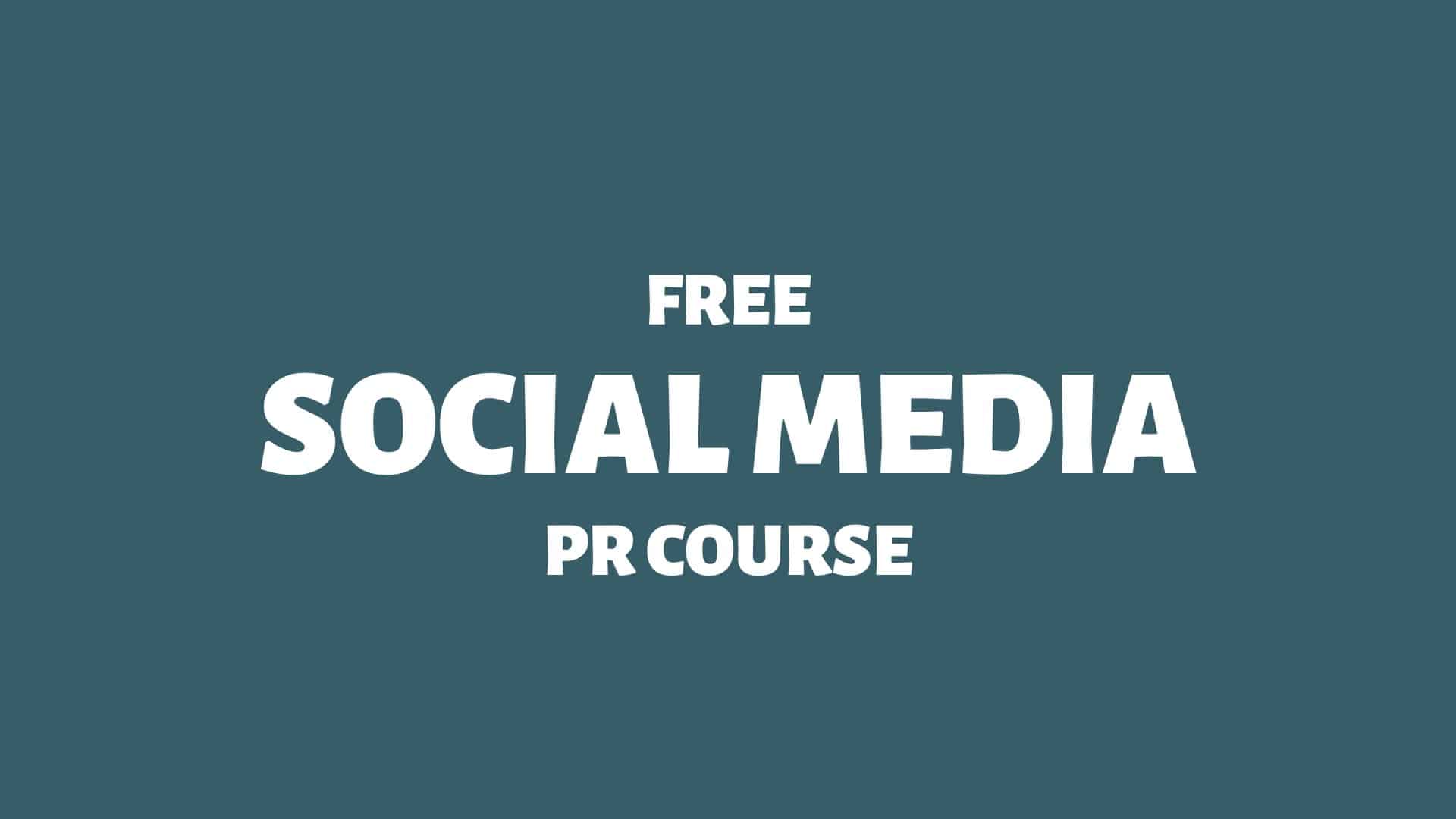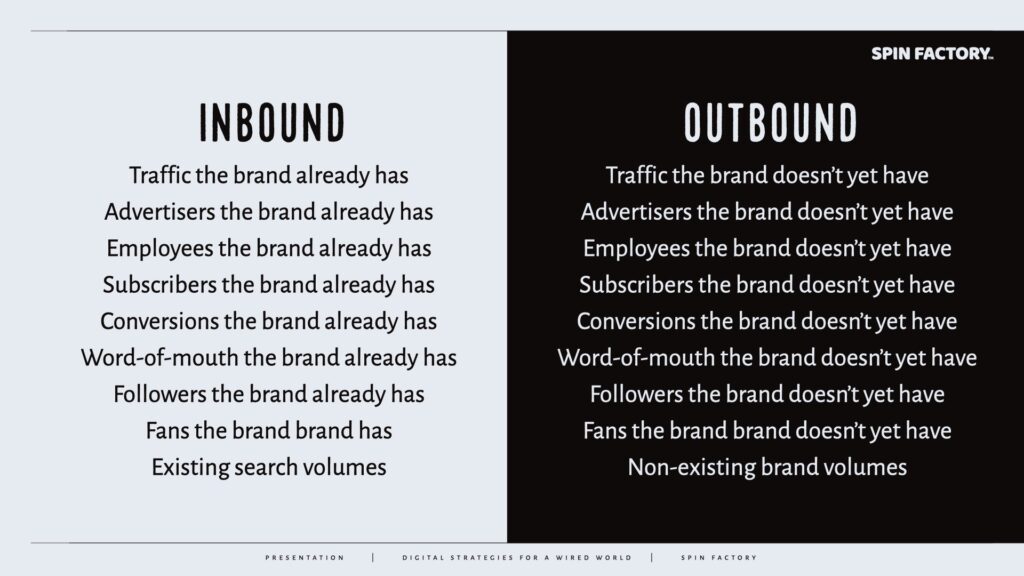Community Manager is an increasingly popular job title.
I think of the community manager (also known as social media manager) as a classical conductor dedicated to showing the online community (the orchestra) how to get in sync, never through force or coercion, but by using the magical powers of suggestion alone.
So, what exactly falls “under the jurisdiction” of the community manager?
Here goes:
Responsibilities of a Community Manager
I’ve outlined several typical responsibilities here:
The above scopes of work are some of the most important public relations activities.
The Community Manager Appreciation Day
Many community managers I talk to tend to have this one thing in common. They often feel underappreciated. No wonder the profession has its own day every 4th Monday of January—the Community Manager Appreciation Day.
The Inbound Shift
As public relations professionals, we must rethink how we think about publics. Traditionally, many PR departments have argued:
“Why should we waste budgets on ‘already acquired’ audiences?”
The truth is — it’s the other way around.
The inbound shift is a fundamental mindset change in the public relations industry.

Instead of “spamming” non-existing audiences, public relations and marketing can do much more with existing online publics. 1Silfwer, J. (2015, June 11). The Publics in Public Relations. Doctor Spin | The PR Blog. https://doctorspin.net/publics-in-public-relations/
Inbound vs Outbound: The Difference
Inbound vs outbound is the online equivalent of drawing the line between those who know you and those who don’t.
Drawing a line between those who know you and those who don’t know you is nothing new:
If your inbound shift PR strategy is strong, you might no longer need to prioritise your outbound PR strategies since your inbound audience will attract outbound publics!
Learn more: The Inbound Shift PR Strategy

THANKS FOR READING.
Need PR help? Hire me here.

What should you study next?
Spin Academy | Online PR Courses

Spin’s PR School: Free Social Media PR Course
Discover this free Social Media PR Course and master the art of digital public relations on social networks and platforms. Explore now for valuable insights!
Social Media Psychology
Social Media Management
Social Media Issues
Learn more: All Free PR Courses
💡 Subscribe and get a free ebook on how to get better PR.

Annotations
| 1 | Silfwer, J. (2015, June 11). The Publics in Public Relations. Doctor Spin | The PR Blog. https://doctorspin.net/publics-in-public-relations/ |
|---|




Social Media Mechanics